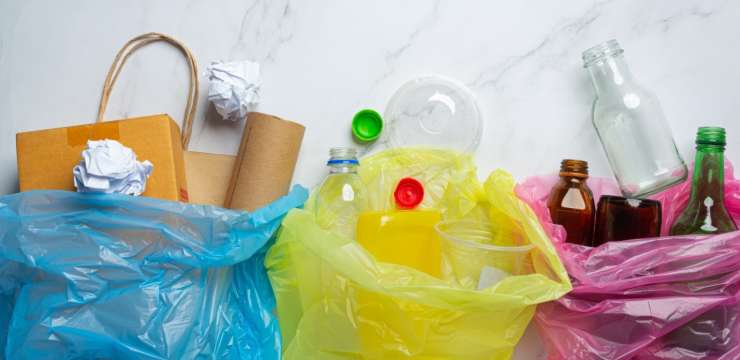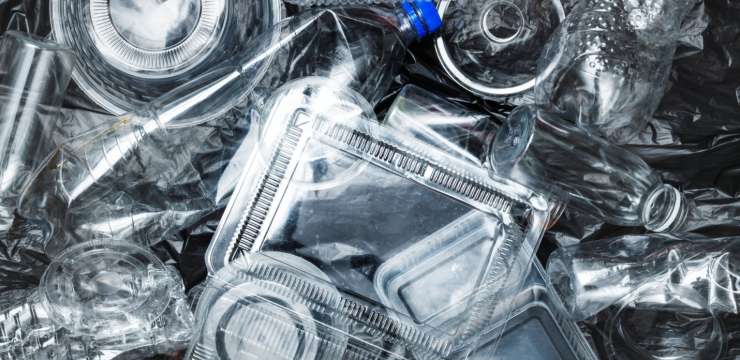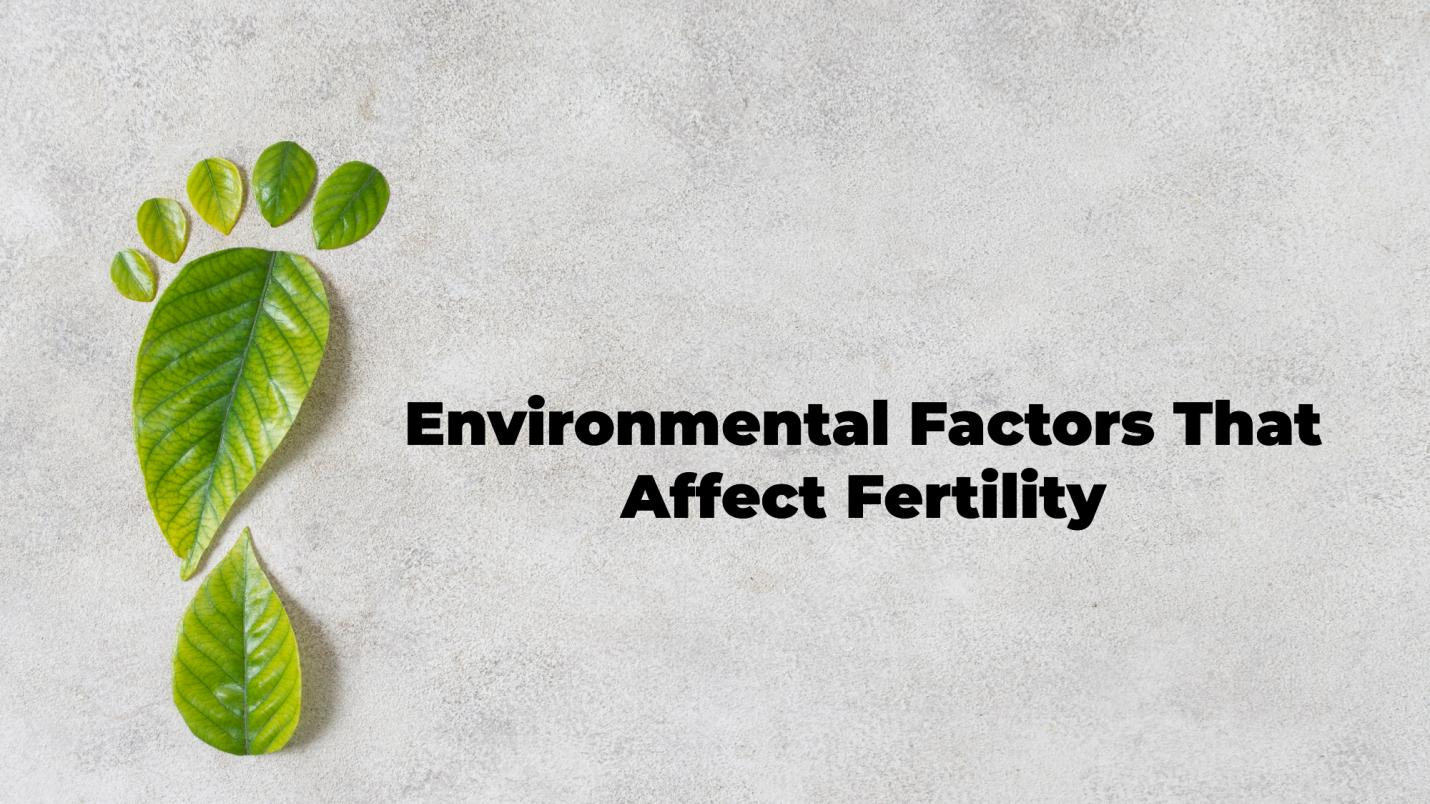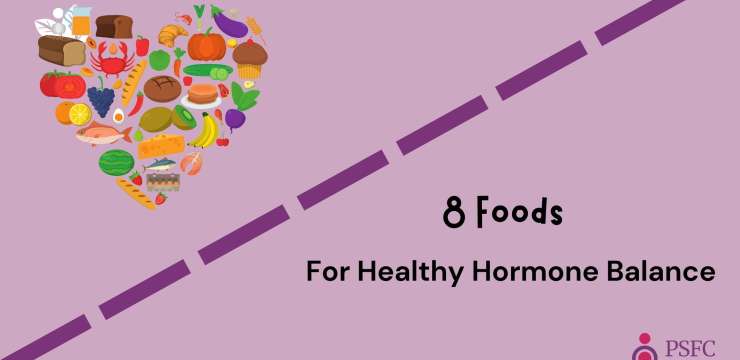We all have a question about whether the environment plays a significant role in affecting fertility.
The answer might fall under the possibility category because environmental toxins are polluted daily. But proper research has yet to be conducted or done to prove the results precisely, i.e., which exposure is affecting, what are the root causes and few other reasons.
These toxins have been present in the environment, which have possible reasons for miscarriage, pregnancy abnormalities, lower sperm counts and low production of eggs.
Hormone disruptors can imitate hormones, intercept hormone functions, and even confuse hormonal patterns when they enter the body. As a result, these endocrine-disrupting chemicals affect the ability of the hormones to control and regulate the reproductive system’s function, delaying or suspending fertility chances.
But there are 7 Strategies to Improve Your Environmental Wellness; try to implement them and get benefitted.
Let’s know the 5 leading causes of environmental factors affecting fertility from the perspective of a leading Women’s Wellness & Fertility Centre.
BPA
BPA, also known as Bisphenol A, is a chemical that helps make plastic bottles, hygiene products, baby bottles and more. It has become used around the 1950s to 1960s, producing strong and resilient plastic products.
Have you ever encountered the term “BPA free” mark on any plastic referred products? It is because of the usage of many kitchen use products.
There has been research that exposure to BPA is related to many harmful health conditions and results in pregnancy problems.
DDT

DDT, also known as Dichloro-diphenyl-trichloroethane, demolishes deadly diseases like malaria, typhus and other insect-variant diseases.
It is a pesticide, a potent bug killer used to kill bugs and insects that cause trouble to humans and other living things like plants and animals.
But the alarm has been initiated because of its bad influences on humans as it gives out more health problems rather than benefit factors. Although America has declared not to use that deadly pesticide anymore, many women have faced breast cancer and pregnancy issues by using DDT.
Dioxin
It is an environmental pollutant that belongs to the group of dangerous chemical organic pollutants. They are a high potential for toxicity, showing many issues like affecting several organs and systems.
When dioxin enters the human body, it lasts for a very long time due to its stability in absorbing chemicals by tissue laters stored in the body.
Up to 7 – 11 years, it easily stores in the body, which is a significant reason for neglecting animals in the food chain. In addition, dioxins tend to increase their capacity in the food chain rather than any of it; the higher the animals in food, the higher the concentration of dioxins.
Heavy Metals
Heavy metals have the highest atomic number, which exhibits the property of metals. In addition, they are the earth’s natural component which produces free radicals that cause severe damage to both the environment and health. It can never be degraded or destroyed; it slowly goes into our food, drink, and air, which we consume daily.
Lower concentrations, it helps to increase the metabolism rate, whereas at high, it leads to the term of poisoning.
They tend to bioaccumulate, which refers to an increase in the chemical concentration in the biological organism compared to the chemical concentration.
Phthalates

Phthalates have been widely used in chemicals and products with close contact with plastics during packaging, delivery, or production.
It affects the tissues in the human body and has chronic exposure to several health issues during pregnancy.
It influences the child’s growth, development, and reproductive system. Many countries have raised restrictions on using phthalates, which impact humans in various forms.
Closure Thoughts
As we all know, the environment is the leading cause of everything, mainly because it impacts humans mentally and physically.
But the factors create an effect on fertility that matter the most here! There are many highly influenced toxins present in the environment that increase the chances of infertility entirely.
To avoid all the issues, try to live a healthy and sustainable life that benefits you and the environment.




